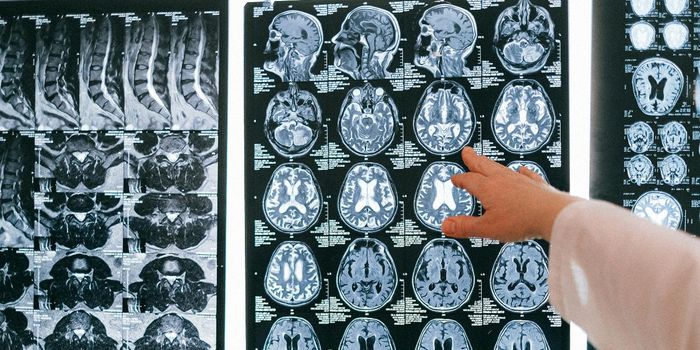T Cells Aggravate Parkinson's Disease
Parkinson’s disease is a progressive nervous system disorder that affects movement. About one million people in the United States and ten million people worldwide have Parkinson’s disease. No cure currently exists, and medications can cost $2,500 a year and therapeutic surgeries up to $100,000 per person. A recent study from stem cell researchers at Friedrich-Alexander-Universität Erlangen-Nürnberg (FAU) has found that patients’ immune systems may be a possible cause of the disease.
Cases and symptoms of Parkinson’s disease can vary significantly from person to person. Risk factors include age, heredity, sex, and exposure to toxins. Parkinson’s is more likely to develop in people around the age of 60 or older and has a higher prevalence in men. Early signs may be mild but can include soft or slurred speech, changes in handwriting, trouble sleeping, loss of smell and little to no expression in the face. Symptoms often begin on one side of the body and may include tremors, rigid muscles, writing changes, and impaired posture or balance. In Parkinson’s disease, nerve cells (neurons) are broken down in the brain, leading to a drop in dopamine levels. Dopamine is a chemical messenger in the brain, with lowered levels of dopamine abnormal brain activity occurs leading to the wide variety of symptoms associated with Parkinson’s. The cause of Parkinson’s is currently unknown, and ways to prevent disease also remain a mystery. Treatment for Parkinson’s may include medication or surgical therapy, as well as lifestyle modifications.
The recent study from FAU gains insight into the mechanisms that lead to loss of neurons that results in decreased dopamine. Initially, the scientists found a high number of t-cells in the midbrain of patients with Parkinson’s disease. T cells, an essential component of our adaptive immune response, are also found at increased levels in the brains of patients with autoimmune disorders, where the T cells attack the brain. Further study showed that levels of a specific type of T cell, Th17 cells, are increased in patients with autoimmune disorders as well as Parkinson’s patients. Human skin cells from both Parkinson’s patients and healthy test subjects were developed into stem cells and differentiated into midbrain nerve cells. When compared to healthy test subjects, Parkinson’s patients T cells killed a larger number of nerve cells. Use of antibodies against Th17, blocking the action of the T cell to destroy neuronal cells, rescued the neuronal cells from death.
These results provide hope for future treatment of Parkinson's with antibodies that block the effect of Th17 cells and can prevent the death of the nerve cells, one of these antibodies is already being used to treat psoriasis in hospitals. "Thanks to our investigations, we were able to clearly prove not only that t-cells are involved in causing Parkinson's disease, but also what role they actually play," explains Prof. Dr. Beate Winner, stem cell researcher from the FAU team. "The findings from our study offer a significant basis for new methods of treating Parkinson's disease."
To read the study click here. To learn more about Parkinson’s Disease watch the video below.
Parkinson's Foundation, Mayo Clinic










